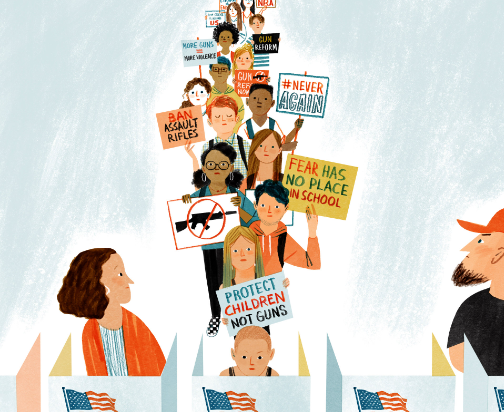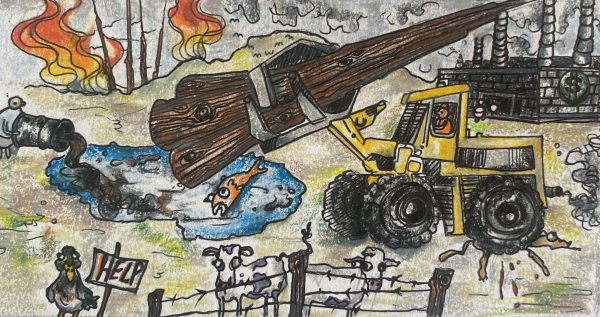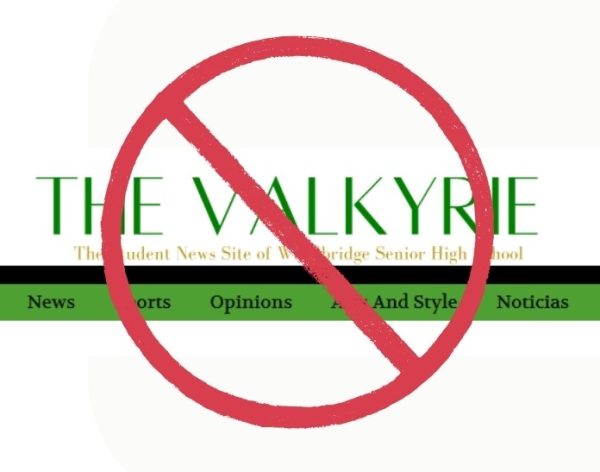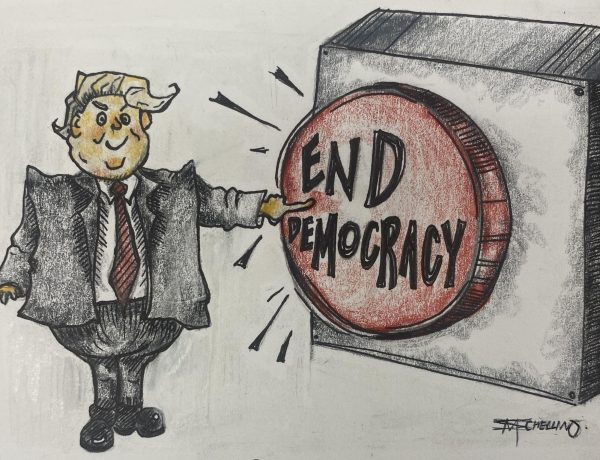Let’s Vote… When We Can!

November 8th is election day when people over the age of 18 get to vote this puts a stop to minors being included in this democracy.
American citizens over the age of 18 have the right to vote. This choice is very important for American society and it affects their everyday life.
“By law, your vote has to be counted. Your ballot cannot be skipped or ignored otherwise it is unconstitutional.” According to AACT voting is taken seriously. It allows for voices to be heard also known as this first amendment of the Constitution.
The freedom of voting is crucial but has an age limit. It silences the voices of many incredible teenagers all over the country.
According to AACAP “Their (teenager’s) actions are guided more by the emotional and reactive amygdala and less by the thoughtful, logical frontal cortex.” If teenagers could vote they would take other people and minorities into consideration showing empathy towards certain groups adults couldn’t feel because their brain isn’t fully developed.
After interviewing various people from different races and backgrounds one interviewee Estrella a student from Gar-Field said “Yes because it’s giving people a chance to pick who will represent them.” She also agrees voting is important when given the opportunity.
But according to this student “The teenage brain isn’t fully developed until 21 to make full-on decisions” this student implies we should raise up the vote to 21 when brains are fully developed.
According to The Medical Center of the University of Rochester “The rational part of a teen’s brain isn’t fully developed and won’t be until age 25 or so.” Therefore waiting for the brain to be developed causes Americans to not vote until at least 25.
Joey a student from Woodbridge High School isn’t sure why there is a requirement. A lot of teenagers have this perspective it can be confusing to understand. Therefore the idea of voting could be overwhelming for students.
Another student, Lindsay, said, “Maybe some people before 28 are naive or don’t know what they’re doing or just follow their parent’s views on things.”
Parents have a crucial part in a child’s political view but this doesn’t just stop at 18 it can continue for the rest of their lives. According to Erol Truan an associate professor that has a Ph.D. who wrote on the family’s impact on political views “The family is an underlying influence on children’s emotional attachment to a political party. According to some researchers, in the process of political socialization of children, in the grafting of political party identity, family is the biggest factor.”
The family has a huge impact on what a child’s political opinions are but this carries on to their adulthood when they can vote.
Another Interviewee Nawshin from Woodbridge High School thinks the first amendment does not conflict with the right to vote. “No, I don’t, just because there is an age requirement doesn’t mean your freedom of speech is taken away you just have to wait until you’re 18 to put those words into action and I feel like that’s fine.”
She also said she would vote if she could. It’s true perhaps the freedom of voting at a certain age doesn’t contradict the freedom of speech because the right wasn’t given in the first place for those under the age of 18. Emily an 18-year-old freshman student at NOVA isn’t voting for this election because “No because I have bigger things to think about right now.”
By the time teenagers turn 18 and become overwhelmed with the adult responsibilities of getting a job, paying for insurance, and making appointments that voting could be the last thing on their minds.
All the interviewees said they would vote if they could but they all mutually agreed that anyone under the age of 18 is far too young. Some even said 18 is too young. Nevertheless, voting is an important part of democracy voting is important for all American citizens!




